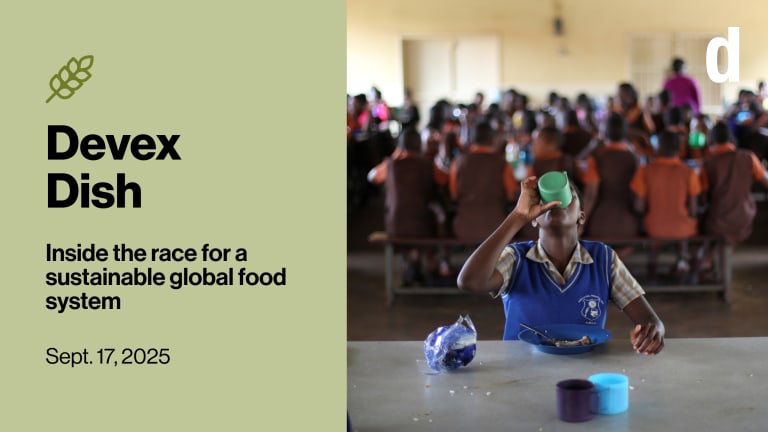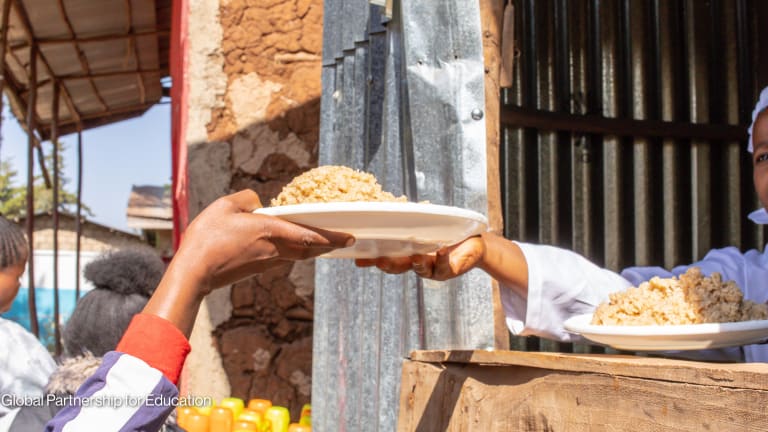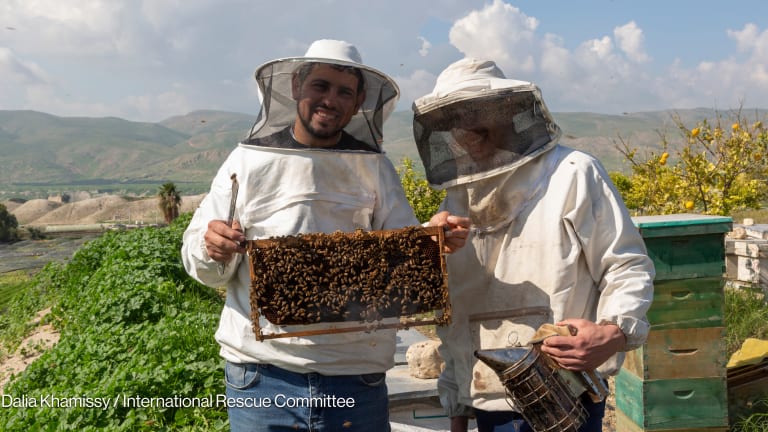Trekking through rice paddies in Bangladesh is not the typical image one has of a business student’s summer internship. But for some of the inaugural class in Colorado State University’s Global Social and Sustainable Enterprise program, it’s just part of their graduation requirements. For a group of GSSE students, this past summer’s field assignment was to conduct a market study on creating a $100 irrigation “super pump” that could increase crop yield and income.
This master’s of science in business administration is focused on business models that serve the needs of the bottom of the pyramid, a term coined by C.K. Prahalad, a professor at the University of Michigan’s Ross School of Business, to describe the overlooked market for products and services that help the poor.
GSSE is the first business school program to center its curriculum entirely on the poor and the environment. It is part of the growing list of business schools around the globe that offer concentrations and electives focusing on social innovations, including Stanford University’s Graduate School of Business, Cornell University’s Johnson School of Business, the Center for Sustainable Global Enterprise and the Presidio School of Management.
This story is forDevex Promembers
Unlock this story now with a 15-day free trial of Devex Pro.
With a Devex Pro subscription you'll get access to deeper analysis and exclusive insights from our reporters and analysts.
Start my free trialRequest a group subscription







